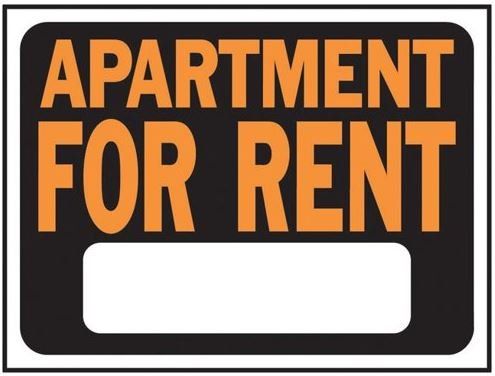The most important part of managing an investment property is getting the right tenants in place, here is how we avoid big mistakes.
Our Screening Process
In our opinion, one of the most important tasks we will do for you as your Property Manager is deciding on who will live in your homes. If done wrong the odds of your property being profitable is close to 0, now you may get lucky now and again and fall into a good tenant, but Chicago Style believes that luck is truly when preparation meets opportunity, our leasing team gives our underwriting tons of opportunities and their processes to screen out all the bad apples is the best preparation in the business. Below is how we screen tenants and some reasoning behind it.
Income: The first criteria we look for in an application is income and we look for a gross pay of 3x the rent, this generally gives the tenant enough disposable income that they don’t have to decide whether to pay rent or buy baby formula every month. We also look for stability and want our tenants to be in a stable job and not jump around every 3 to 6 months from job to job.
How we screen for it
With state of the art technology we are able to use the plaid platform to mine through the applicants bank history and ensure they are receiving regular payments from the company they claim to work for. This technology not only predicts annual income but tells us how long they have been with a particular company so we can make sure to avoid someone constantly losing there job.
Q: what about for CHA tenants?
A: CHA tenants by Chicago law are always considered to meet all income requirements, but we still screen them on all other criteria.
Credit score: When we take on your property we assign it a class A, B, C, or D, and based on these classifications we set a minimum credit score, A is 650, B is 600, C 550, and D is 500 or above.
Q: Can we set our own credit score for our property:
A: Unfortunately because of fair housing laws we must treat all of our properties the same in our portfolio so we base our scores on our team's experience in the Chicago market to balance out finding good tenants and being able to find a tenant in a reasonable time period.
Q: Why do you require less credit scores for C and D class areas compared to A and B
A: It comes down to the applicant pool. If you buy a home in a C class area, if an applicant could afford to rent the apartment and had a 600 credit score they also could buy the house next store with a mortgage and pay less money, so because of that you find less renters with a 600 credit score in areas where housing prices are lower. As For D vs C D is often a very undesirable high crime area, and if the tenants had better credit they would most likely move to a C class area.
Other Credit report criteria: We also will disqualify an applicant if any of the following show up on a credit report.
Utility bill in collections
Past due balance to a landlord
Previous eviction history
Rental History: Lastly we are looking for references from the tenant's past landlords, This includes reaching out to the last two years of landlords at least, and asking them about the tenancy, we inquire both about their payments and how they treated the apartment, and our team makes a recommendation based on the conversation.
Q: what if the tenant does not have a rental history?
A: We take this case by case if a tenant is just out of college and was living at home before we will forgo rental history, if the tenant is 50 and still lives at home they may not be a good fit for our rental properties. On the flip side if the tenant previously owned their home we look for why they are moving if they were foreclosed on that would be negative, whereas if they sold to move to Chicago for a new job we would be ok with that.
Criminal record: Cook county has clearly defined rules on what can be used to decline an applicant and what cannot and we follow those rules to the letter of the law.
Once we have reviewed the tenants, employment, credit, rental history and criminal record we then approve or deny them, and doing this has made us very successful at finding tenants who pay their rent and take care of our properties. If you want help screening tenants, contact us at Chicago Style Management.

